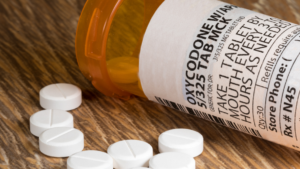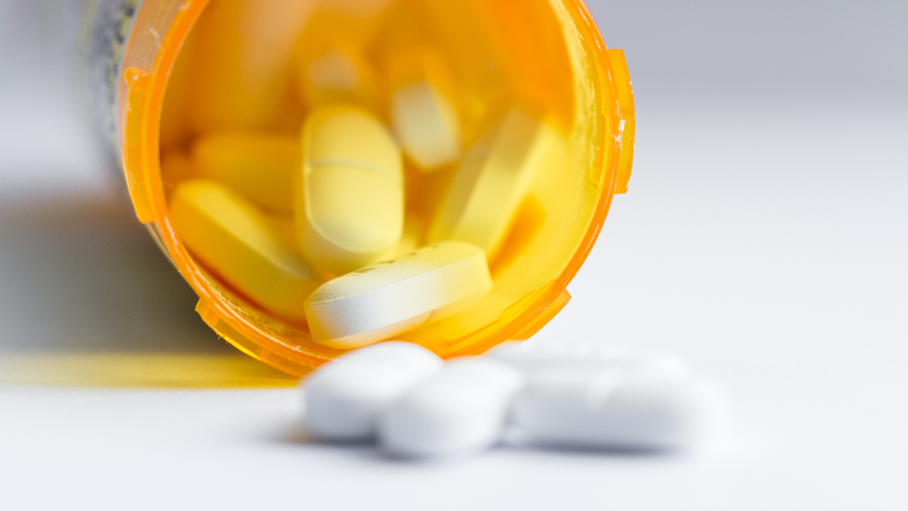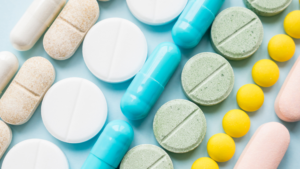A Leading Drug Rehab in Kansas City Explains Prevention Methods for Opioid Overdose Deaths – The opioid epidemic has plagued the world for years, and unfortunately, it’s still rampant. Thousands of people die annually from an opioid overdose; most are accidental. If you or someone you know is struggling with opioid usage, you should immediately seek treatment at a drug rehab in Kansas City. It is also important to be aware of the signs of an opioid overdose.
At Gold Bridge Treatment Center, a leading provider of alcohol and drug treatment in Kansas City, we are here to help you and your loved ones through your struggle with substances. If you know someone that is using opioids, you should be aware of the dangers that exist. You should also have a plan in case of an overdose and should seek medical help immediately.
Statistics Related to Opioids
Did you know that opioids are the leading cause of unintentional deaths in the United States? Since January 1, 2020, over ten million people in America have misused opioids at least once. Over one million individuals suffer from opioid use disorder, and over 48,000 people died from an opioid overdose in 2020. Opioid usage can affect more than just the people taking them.
Opioid usage can put you at a greater risk of permanent damage to your body or even death. These outcomes affect not only you but your loved ones. A leading drug and alcohol addiction treatment center in Kansas City urges you to seek help before your struggle worsens.
Common Signs of Opioid Use Disorder
While opioids are prescribed to manage pain, they often cause a person to become dependent on them. This dependency is what professionals at addiction treatment centers in Kansas City and across the nation refer to as opioid dependency or opioid abuse. Individuals suffering from this dependency will show symptoms that can alert you of their condition. Common symptoms of opioid use disorder are:
- Frequent mood swings
- Running out of medication before it’s time for a refill
- Obtaining prescriptions from multiple doctors
- Uncharacteristic behavior
- Borrowing medication from people
There are also physical signs to be aware of:
- Bloodshot eyes
- Small pupils
- Paranoia
- Hallucinations and confusion
If you notice these symptoms, you should seek help from a leading drug and alcohol inpatient treatment center in Kansas City.
Get Drug Addiction Help in Kansas City Today

Tips on Preventing Opioid Overdose Deaths
Let’s get the obvious one out of the way: just don’t take opioids. However, that’s easier said than done for some people, especially if they already suffer from opioid use disorder. If you are struggling with opioid usage, the best way to prevent an overdose is to have a plan. If you are currently suffering from opioid use disorder, you might want to alert someone about your condition. That way, you are more likely to have someone to reach out to if you do overdose.
What You Should Do if Your Loved One Overdosing
It can be a scary situation if you walk in on an overdose. If your loved one is suffering from an opioid overdose, follow these steps:
- Call 911
- Rub your knuckles against their breastbone; this can help stimulate their breathing
- Perform rescue breathing if needed
- Administer naloxone
If the individual does not respond to naloxone, perform rescue breathing for another three to five minutes, then administer another dose

Get Addiction Help From a Leading Drug Rehab in Kansas City
If you or someone you love is battling substance abuse in Kansas City, please reach out to our Gold Bridge Treatment Center staff. We are one of the most trusted treatment centers in Kansas City and want to help you begin your journey to sobriety.
Our addiction help specialists strive daily to provide the best drug treatment in Kansas City. We specialize in helping individuals make changes for a happier, healthier life. At Gold Bridge, we offer group counseling, individual counseling, and inpatient treatment services.
For more information, give us a call at 913-837-4653 or you can contact us online.


